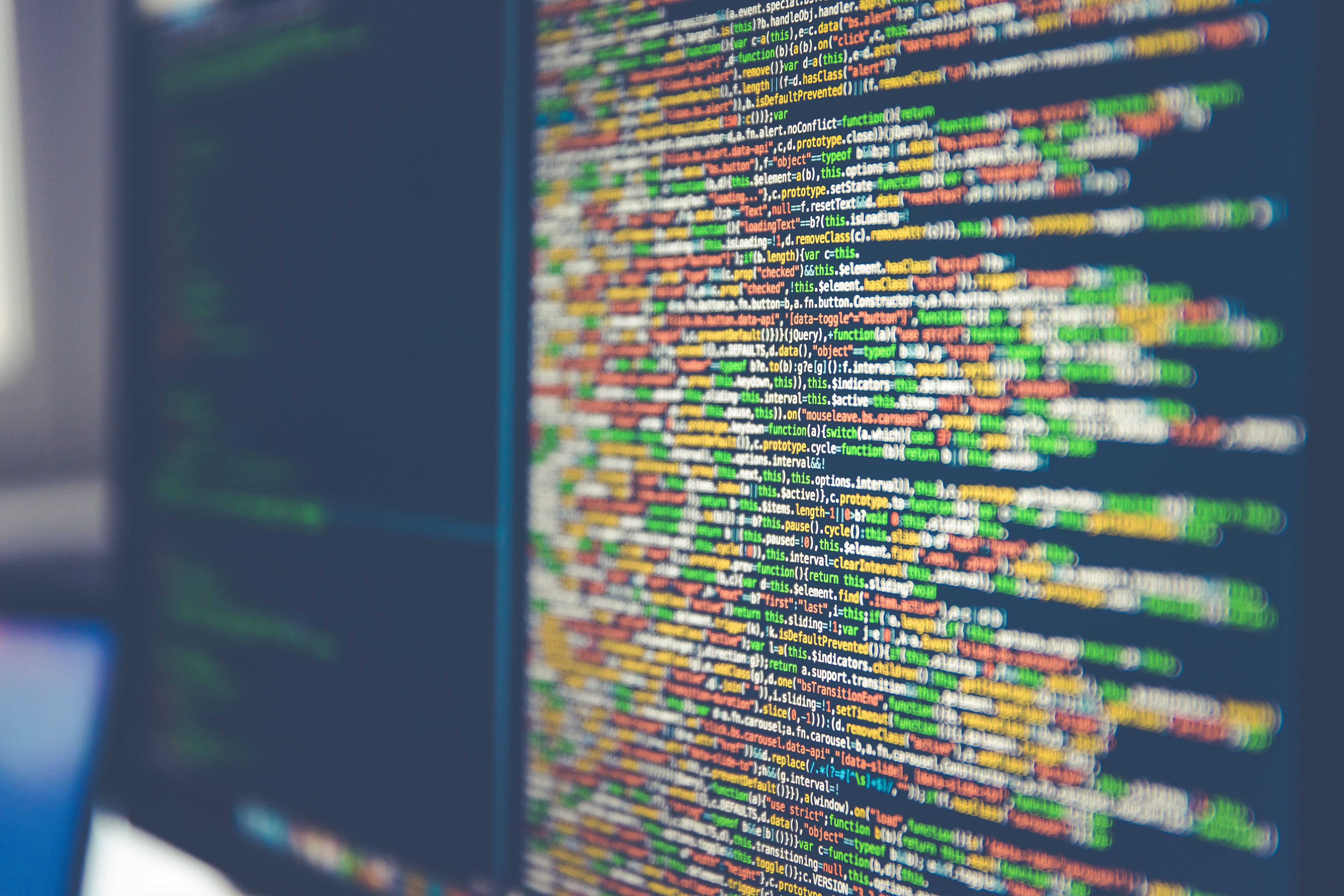
The development of Artificial Intelligence (AI) has brought about a new wave of innovation in the tech industry. But with this new technology come ethical questions about how it should be used and regulated.
In this blog, we will explore the ethics of AI and how to balance innovation with responsibility. We will examine the potential risks of AI, the implications of its use, and how we can ensure that AI is used responsibly and ethically. We will also look at how governments and organizations are responding to the ethical challenges posed by AI and how they are working to create a safe and responsible environment for its use.
The benefits of artificial intelligence

:When it comes to Artificial Intelligence (AI), the ethics of balancing innovation and responsibility are especially complex and important. Developing this technology can propel us into a brave new world of unprecedented possibilities, but we must handle it thoughtfully and responsibly lest we succumb to the potential drawbacks that come with progress. To get the most out of AI, we have to question whether applications are morally right, consider coding and algorithmic biases, and take the necessary actions to maximize the potential benefits while minimizing misuse of the technology.
Ultimately, the only way to ensure we make the most of this technology is by forging a responsible balance of innovation and responsibility.
The risks of artificial intelligence

. In the increasingly digital world we live in, the ethical implications of the implementation of artificial intelligence (AI) cannot be overstated. From self-driving cars to AI-powered medical applications, the balancing act between innovation and responsibility is one of paramount importance, especially when considering the risks associated with the development and use of AI.
The Ethics of Artificial Intelligence: Balancing Innovation and Responsibility is essential for considering the ethical standards for safely creating and utilizing AI technology, not just for technical developers, but for society in general. By exploring this section title, we can gain a deeper understanding of the ethical implications of AI and set the groundwork for responsibly and safely harnessing these revolutionary technologies.
The ethical considerations of artificial intelligence

The modern world is rapidly advancing, with technology replacing humans in more and more activities. But with this progress comes ethical questions about the use of Artificial Intelligence (AI).
The topic of “The Ethics of Artificial Intelligence: Balancing Innovation and Responsibility” is a compelling one- how do we ensure that AI remains reliable and responsible, while still respecting the boundaries of humanity? This blog looks at the ethical considerations of AI and how they should be kept in mind throughout its development and implementation. We’ll also discuss ways of ensuring that AI remains ethical and responsible, and how organizations should monitor its development and use.
By understanding and addressing the ethical implications of AI, we can ensure that it remains a powerful tool that is used responsibly.
The role of government in regulating artificial intelligence

The ethics of artificial intelligence are a major concern for governments with regard to regulating the technology. From ensuring data privacy to ensuring the safety of people, governments must strike a balance between innovating with AI and taking responsibility for its potential consequences. Although developing artificial intelligence brings numerous benefits, it is important to ensure that AI applications are designed with ethical considerations in mind.
This requires a comprehensive regulatory framework which is capable of anticipating potential threats posed by AI and demonstrating how they can be mitigated or addressed. As such, understanding the ethical implications of AI and working towards its responsible exploitation is the universal responsibility of governments the world over.
The role of businesses in regulating artificial intelligence

Businesses need to consider the ethical implications of artificial intelligence (AI) when introducing or developing new technologies. The Ethics of Artificial Intelligence: Balancing Innovation and Responsibility is a key consideration for businesses when exploring the potential of AI.
Companies must ensure that AI programs are trained and managed responsibly, to ensure that AI technologies are used for trustworthy and fair activities. They should also consider the potential impact of AI on vulnerable populations and take steps to protect the privacy and security of user data. Businesses should also be aware of their legal obligations when regulating AI to ensure that any AI activities comply with applicable legislation.
Additionally, they should consider the potential risks and negative consequences of deploying AI-powered technologies, as well as any potential opportunities that could be gleaned from responsible AI applications. AI can present great opportunities, but only when used in a responsible manner.
The role of individuals in regulating artificial intelligence
The ethical implications of artificial intelligence are an important conversation to consider today, as we grapple with the possibilities of this technology when it comes to innovation and responsibility. In order to properly navigate the implications of AI, individuals have an integral role to play in regulating this technology to ensure it is created and used in an ethical manner. The Ethics of Artificial Intelligence: Balancing Innovation and Responsibility highlights the importance of the individual in the regulation of AI, and the need to weigh both the advantages and disadvantages of using this technology.
As conversations around AI continue to evolve and develop, it’s important to keep the ethical considerations in mind to ensure we are responsibly utilizing this increasingly prevalent technology.
Final Touch
This article discussed the ethical implications of artificial intelligence, and how to find a balance between innovation and responsibility. It argued that while AI has the potential to revolutionize the world, it is important to ensure that the technology is used responsibly, and that the potential risks are minimized. The article concluded that ethical considerations must be taken into account when developing AI, and that the industry must work together to ensure that the technology is used for good.
FAQ
What are the 4 processes of artificial intelligent?
The four processes of artificial intelligence are: reasoning, knowledge representation, machine learning, and natural language processing.
What are the 4 key principles of responsible AI?
The four key principles of responsible AI are: fairness, transparency, privacy, and security.
What are the 3 big ethical concerns of AI?
The three big ethical concerns of AI are privacy, safety, and bias.
What are the ethics of artificial intelligence?
The ethics of artificial intelligence (AI) refer to the moral principles and values that guide the development and use of AI technology. These principles and values include respect for human autonomy, privacy, fairness, non-discrimination, and accountability.
What are AI ethical guidelines for AI responsibly?
AI ethical guidelines for AI responsibly include respecting human autonomy, fairness, transparency, privacy, security, and non-maleficence. Additionally, AI should be designed to be accountable, explainable, and interpretable, and should be used to benefit society and the environment.
What are the ethical guidelines of AI?
The ethical guidelines of AI include respecting human autonomy, avoiding harm, fairness, privacy, transparency, and accountability.




